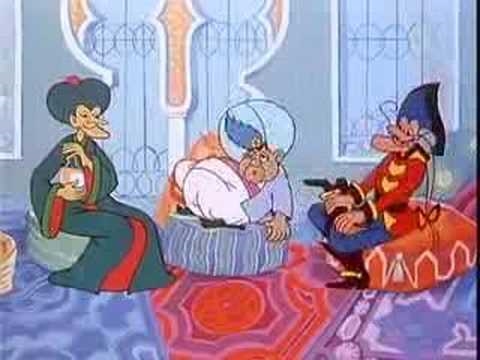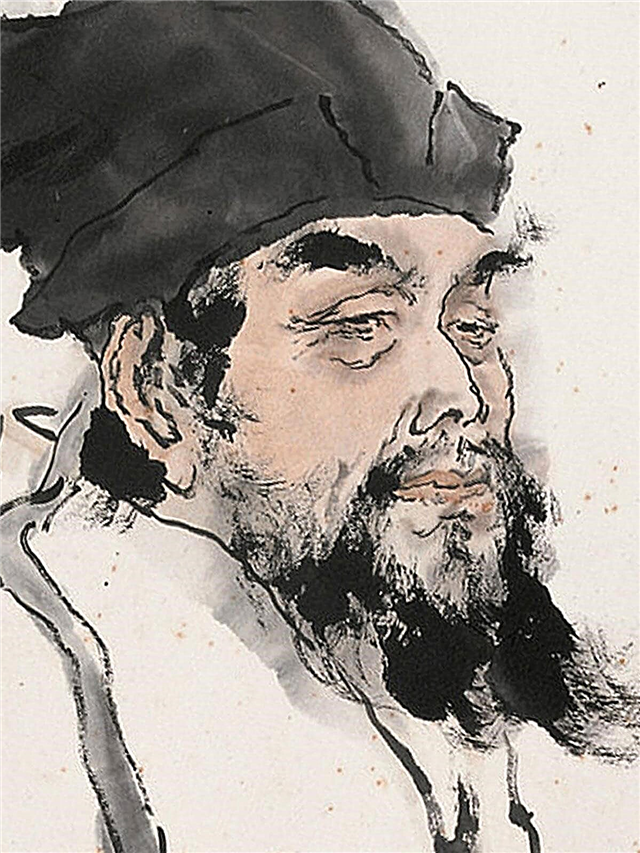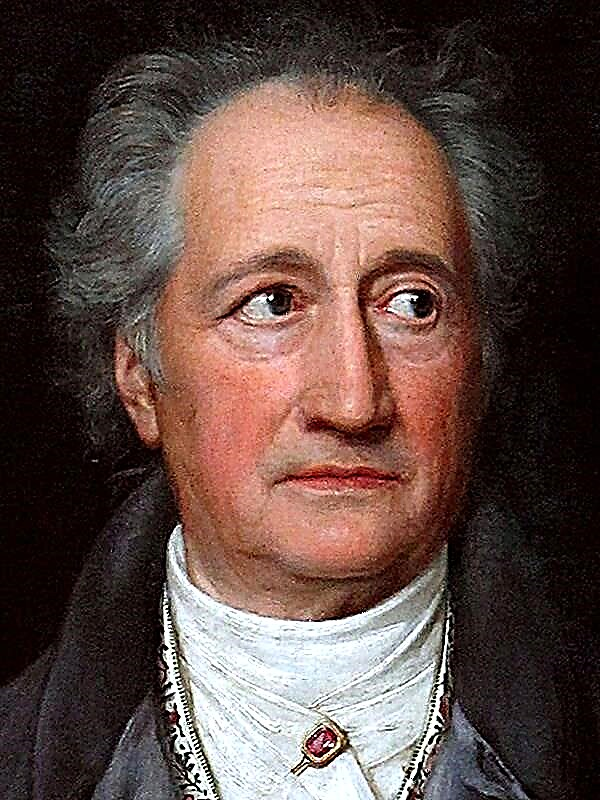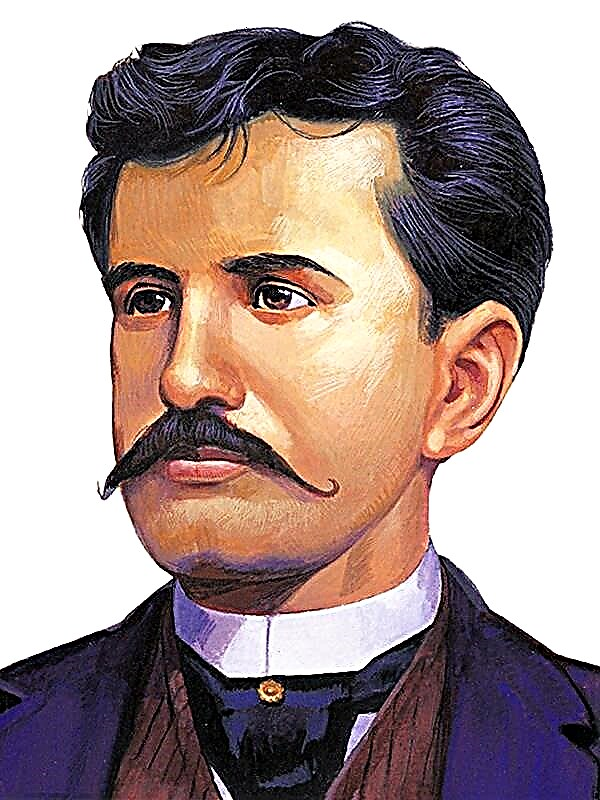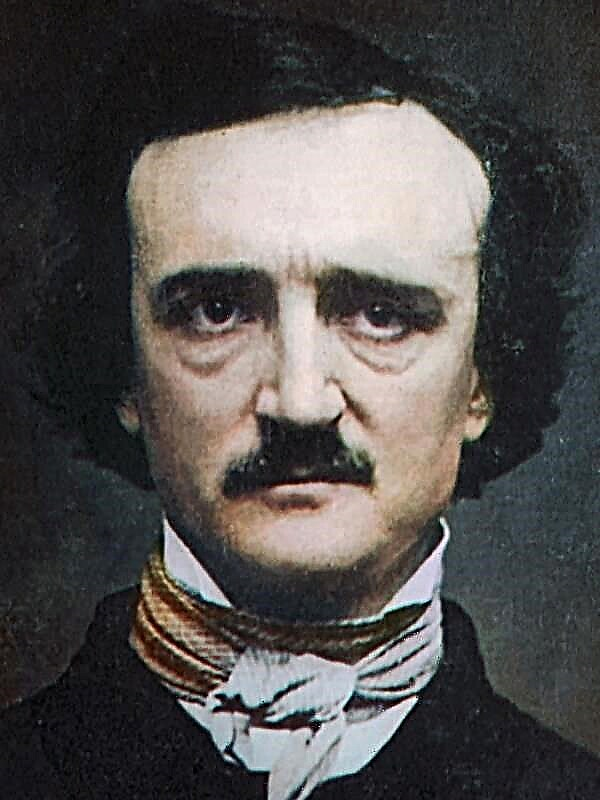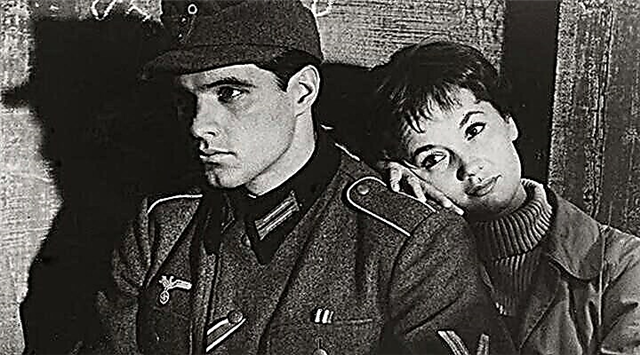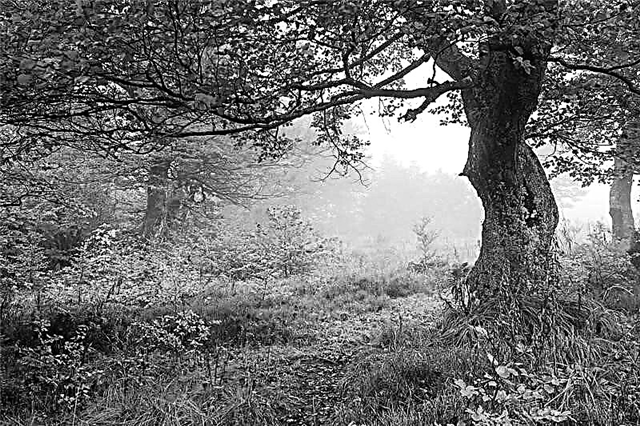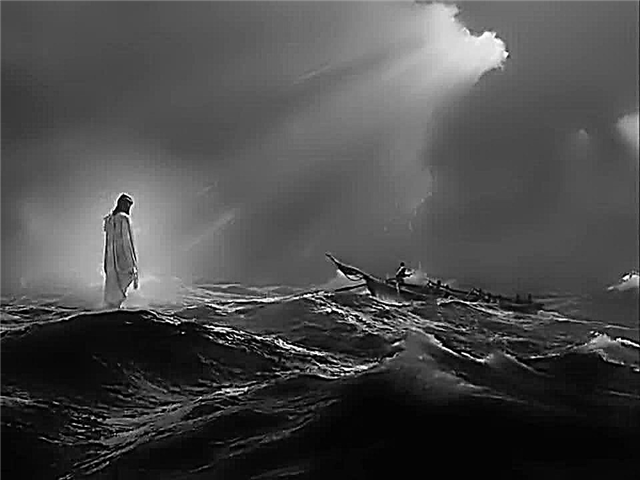(353 words) “After the ball” - the story of the famous writer Leo Tolstoy about how just one case can change our understanding of the world. In this work, the character Pyotr Vladislavich, the father of Varenka and the colonel, about which we will tell in more detail, appears.
The first time we meet Pyotr Vladislavich at a ball. He is beautiful, beautifully built, has a pleasant appearance - a ruddy face, tall, affectionate smile. The colonel loves his daughter Varenka very much, he’s ready to do anything for her - even to dance a mazurka when he doesn’t want to: “Everything must be according to the law”. He dances beautifully - vigorously, with a gleam in his eyes, although not young anymore. Looking at them, the narrator experiences enthusiastic emotion, because it is noticeable that his father’s feelings are sincere and touching. He also notes the following detail - that the father wears “unfashionable” quadrangular boots, and not sharp ones, in order to save money on providing his daughter so that she does not need anything. After the dance, "with some effort, he raised himself gently, sweetly, wrapped his hands around his daughter's ears and kissed him on the forehead." This scene is riddled with love, the reader cannot but notice it.
But when the narrator accidentally meets Pyotr Vladislavich after the ball, he becomes like a different person. Carrying out his duties, he persecutes the Tatar with his back mutilated from violence for desertion. At first it seems to us that this situation is unpleasant for him, because when his companions beat the prisoner with a stick, he “walked beside him and, looking at himself under his feet, then at the punished person, sucked in air, puffing out his cheeks, and slowly released him through his protruding lip " But then the following happens - the colonel in anger begins to beat one of the soldiers in the face due to the fact that he badly beats the hostage. Noticing the narrator, he pretends not to notice him, and quickly turns away. Obviously, this is because he is ashamed.
This situation scares the narrator. He is trying to find excuses for Peter Vladislavich, referring to the fact that he does not have complete information, but the confident actions of the colonel and soldiers convince him of the opposite. This scene defines his whole life. He could not become a military man or enroll in any other public service.
Thus, Father Varenka is an example of how people lead a double life, deceiving loved ones and themselves. At first he appears to us as a good father who loves his daughter, and then as an evil tyrant who makes others suffer.



